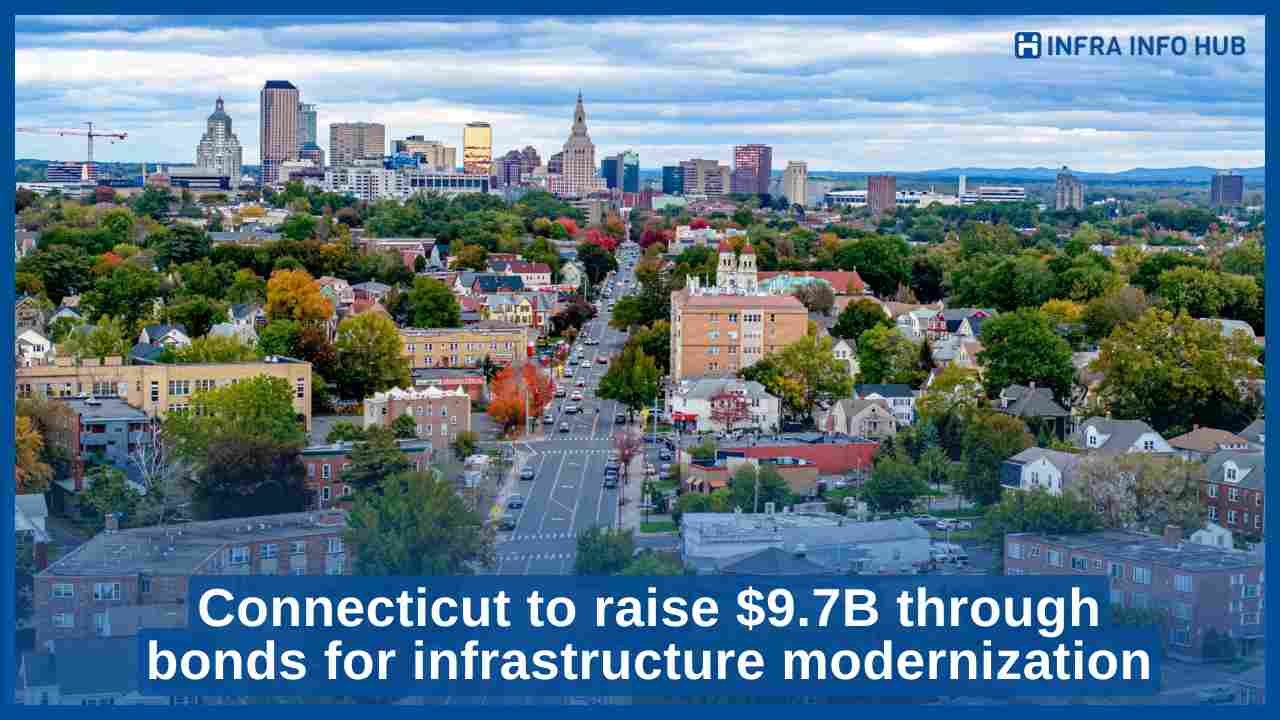Connecticut is planning to spend nearly $10 billion to improve its infrastructure over the next two years. This follows strong approval of a $9.7 billion bond plan by lawmakers. The money will help repair old bridges, upgrade public schools, and support many other public projects. The state has approved $4.5 billion for the 2026 fiscal year and $5.1 billion for 2027.
To raise the funds, the state will sell bonds to investors. However, each project still needs final approval from the State Bond Commission, meaning not every dollar approved will necessarily be spent.
Most of the money—over 60%—will go toward basic infrastructure needs. Each year, about $2.8 billion will be used to support school construction, transportation upgrades, and clean water projects.
A new $60 million school repair plan will provide $30 million per year for small fixes in K-12 schools. The University of Connecticut’s Gampel Pavilion will also receive $5 million for planned renovations.
The largest share of the money will go to transportation. Over $562 million will be used to modernize public transit, including buses and trains. Connecticut’s “Fix-it-First” program, which focuses on fixing old infrastructure, will receive nearly $812 million. That includes $458.6 million for bridge repairs and $352.6 million for road work.
The second-biggest category is housing and help for the homeless, which will receive just over $1 billion across the two years. $400 million is set aside for affordable housing in mixed-income areas, and $12 million will support programs that quickly find homes for people in need.
Other important projects include $50 million to replace Whiting Forensic Hospital and another $50 million to help homeowners in Eastern Connecticut fix crumbling foundations. Childcare center construction will receive $23 million, while security grants for religious sites and nonprofits will total $20 million over two years.
This massive investment comes at a time when Connecticut’s finances are strong. The state holds a record $4.1 billion in emergency reserves and expects a $2.4 billion surplus this year. While bond money will fund these major infrastructure efforts, the state uses cash for everyday operating costs.

